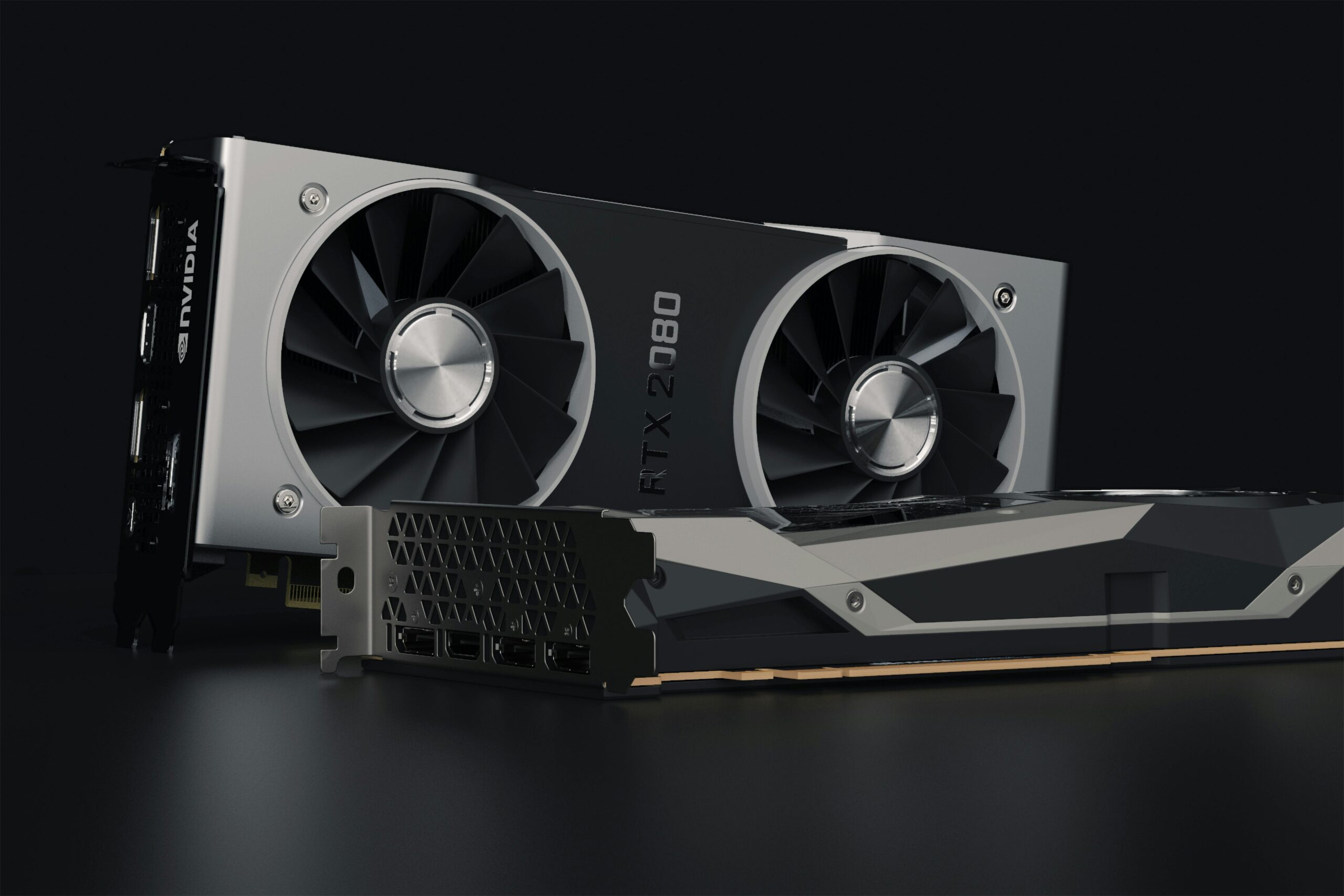
DeepSeek vs. ChatGPT: Which AI is Smarter, Faster, and More Accurate?
In the race to dominate the AI landscape, two contenders have captured significant attention: DeepSeek and ChatGPT. Both promise to revolutionize how we work, create, and solve problems—but which one truly leads in intelligence, speed, and accuracy? Let’s dissect their strengths, weaknesses, and unique value propositions to help you decide which tool fits your needs.
Understanding the Contenders
ChatGPT, developed by OpenAI, is a household name in generative AI. Built on the GPT (Generative Pre-trained Transformer) architecture, it’s renowned for its conversational fluency, versatility, and broad knowledge base. The latest iterations, like GPT-4, handle everything from creative writing to coding, making it a go-to for casual users and professionals alike.
DeepSeek, emerging from a Chinese tech ecosystem, is a rising star optimized for precision and efficiency. While less ubiquitous than ChatGPT, it’s gaining traction for specialized tasks like data analysis, mathematical problem-solving, and code generation. Its developers emphasize speed and accuracy in technical domains, positioning it as a niche powerhouse.
Intelligence: Generalist vs. Specialist
When evaluating “smartness,” context matters.
- ChatGPT shines as a generalist. Its ability to draft essays, brainstorm marketing slogans, and explain complex concepts in simple terms is unmatched. It adapts to diverse prompts, thanks to training on vast, varied datasets. However, its broad approach sometimes leads to surface-level answers in technical fields.
- DeepSeek leans into specialization. Early adopters praise its knack for solving intricate math problems, generating error-free code snippets, and analyzing datasets with precision. Think of it as a savant in STEM-related tasks, though it may struggle with open-ended creative requests compared to ChatGPT.
Verdict: ChatGPT wins for versatility; DeepSeek excels in technical depth.
Speed: Need for Velocity
Speed isn’t just about raw response time—it’s about efficiency under pressure.
- ChatGPT processes queries quickly, typically delivering responses in seconds, even during peak usage. However, complex tasks (e.g., debugging code or generating long-form content) can slow it down.
- DeepSeek reportedly operates at lightning speed for targeted tasks. Users note near-instant results for coding challenges or data queries, likely due to optimized models prioritizing brevity and accuracy. This makes it ideal for developers or analysts needing rapid iterations.
Verdict: DeepSeek edges ahead in technical task speed; ChatGPT balances speed with versatility.
Accuracy: Precision vs. Creativity
Accuracy hinges on the task at hand:
- ChatGPT occasionally hallucinates facts or provides outdated information (its knowledge cutoff is a known limitation). Yet, its creative outputs—like poetry or storytelling—are coherent and imaginative. It’s a trade-off: fluency over absolute precision.
- DeepSeek minimizes errors in structured tasks. For example, it’s less likely to miscount matrix multiplication steps or mishandle API syntax. However, its conservative approach can stifle creativity, producing dry or overly technical responses.
Verdict: DeepSeek triumphs in technical accuracy; ChatGPT leads in creative coherence.
Use Cases: Where Each Shines
- Choose ChatGPT If You Need:
- Engaging content creation (blogs, social media).
- Brainstorming ideas or simulating conversations.
- General-purpose Q&A with a conversational tone.
- Choose DeepSeek If You Need:
- Solving complex equations or coding problems.
- Data analysis or generating technical reports.
- Tasks requiring minimal errors and maximal efficiency.
Ethics and Limitations
Both tools grapple with AI ethics. ChatGPT employs robust moderation to filter harmful content, but biases in training data can still slip through. DeepSeek’s narrower focus may reduce misuse risks, though its specialized nature limits transparency compared to OpenAI’s public-facing model.
The Final Word
Neither AI is universally “better”—it’s about alignment with your goals. ChatGPT is the Swiss Army knife: adaptable, creative, and user-friendly. DeepSeek is the precision scalpel: razor-sharp in technical realms but less versatile.
As AI evolves, the gap between generalists and specialists will blur. For now, your choice depends on whether you prioritize breadth or depth. Try both, and let your use case—not the hype—decide.

What’s Next?
Keep an eye on updates: ChatGPT is expanding plugins and real-time data access, while DeepSeek plans to broaden its domain expertise. The AI race is far from over, and the real winner? Users, who get ever-improving tools to reshape the future.
FAQs
1. Which AI is better overall: DeepSeek or ChatGPT?
There’s no universal “better” option. ChatGPT excels in general-purpose tasks like creative writing and casual conversation, while DeepSeek dominates technical domains like coding, math, and data analysis. Your choice depends on whether you prioritize versatility or precision.
2. What’s the main difference between DeepSeek and ChatGPT?
ChatGPT is a generalist AI optimized for broad, conversational interactions, while DeepSeek is a specialist AI focused on accuracy and speed in technical tasks like coding and analytics.
3. Can DeepSeek write essays or stories like ChatGPT?
Yes, but with limitations. DeepSeek can generate text, but its outputs may lack the creativity and nuance of ChatGPT. It prioritizes factual accuracy over stylistic flair, making it better for reports than poetry.
4. Is ChatGPT faster than DeepSeek?
For creative or open-ended tasks, ChatGPT delivers comparable speed. However, DeepSeek is faster for structured technical tasks (e.g., solving equations, generating code) due to its optimized architecture.
5. Which AI is more accurate for coding?
DeepSeek is often preferred by developers for generating error-free, efficient code snippets. ChatGPT is capable but may require more user oversight to debug or refine outputs.
6. Does ChatGPT have a knowledge cutoff date?
Yes. ChatGPT’s free version (GPT-3.5) has a knowledge cutoff of January 2022, while GPT-4 extends to April 2023. DeepSeek’s knowledge recency varies by version but often focuses on technical domains with up-to-date data.
7. Is DeepSeek safer or more ethical than ChatGPT?
Both tools have ethical safeguards, but ChatGPT has more visible content moderation due to its public-facing role. DeepSeek’s narrower focus reduces misuse risks but offers less transparency about its training data.
8. Can I use both tools together?
Absolutely! Pair ChatGPT’s brainstorming and drafting abilities with DeepSeek’s technical refinement for projects like research papers, app development, or data-driven content.
9. Which AI is more affordable?
Costs vary by use case. ChatGPT offers a free tier (with limitations) and a paid Plus subscription. DeepSeek’s pricing leans toward enterprise/technical users, though some versions are accessible via APIs or partnerships.
10. Will future updates make one AI obsolete?
Unlikely. Both tools are evolving: ChatGPT is integrating real-time data and plugins, while DeepSeek is expanding its domain expertise. They’ll likely coexist, serving different niches in the AI ecosystem.




